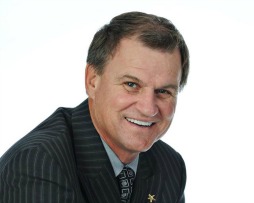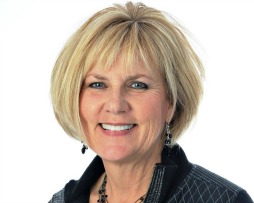ABOUT INDIVIDUAL COUNSELING
We are pleased with the diversity of areas of assistance we provide to individuals and families every day. We understand that taking the first step toward freedom is sometimes the most difficult.
Mental health problems are similar to other health problems: some can be prevented; others will go away on their own with home treatment; and some need professional attention.
We are here to help! We have specialists in the areas of:
LIFE TRANSITIONS
Significant transitions and major life stressors such as the death of a loved one or the loss of a job can bring about uncertainty in life. In some cases professional help is needed during these life transitions.
GRIEF AND LOSS
Grief is your emotional reaction to a significant loss. The words sorrow and heartache are often used to describe feelings of grief. Whether you lose a beloved person, animal, place, or object, or a valued way of life (such as your job, marriage, or good health), some level of grief will naturally follow.
ANXIETY
Feeling worried or nervous is a normal part of everyday life. Everyone frets or feels anxious from time to time. Mild to moderate anxiety can be an effective means of helping you focus your attention, energy, and motivation. However, if anxiety is severe, you may have feelings of helplessness, confusion, and extreme worry that are out of proportion with the actual seriousness or likelihood of the feared event. Anxiety that becomes overwhelming and interferes with daily life is not normal. This type of anxiety may be a symptom of another problem, such as depression.
ANGER MANAGEMENT
Anger signals your body to prepare for a fight. This reaction is commonly classified as “fight or flight.” When you get angry, adrenaline and other hormones are released into the bloodstream. Your blood pressure, pulse, and respiratory rate all go up.
IDENTITY AND SELF-ESTEEM
Self-esteem is a person’s core belief about himself or herself. A person’s self-esteem is reflected in his or her actions, both in how as well as what he or she does. Although self-esteem varies from time to time, the pattern usually leans toward a healthy or unhealthy view of self. With healthy self-esteem, a person is more likely to succeed in life.
FAMILY DYNAMICS
The emotional and intellectual stages you pass through from childhood to your retirement years as a member of a family are called the family life cycle. A supportive family can profoundly influence your behavior and benefit your development. The family life cycle consists of several developmental stages:
- Independence
- Coupling or marriage
- Parenting: babies through adolescents
- Launching adult children
- Retirement or senior stage of life
PRE-MARITAL AND MARITAL COUNSELING
TRAUMA AND ABUSE RECOVERY
COMMUNICATION SKILLS
ALCOHOL ABUSE AND DEPENDENCE
Many adults can have an occasional glass of wine or a beer without any significant impact on their daily life. Alcohol abuse occurs when you repeatedly drink alcohol even though it causes significant problems in your life. Abuse disrupts your relationships, causes you to miss work (often due to hangovers), and neglect personal and work obligations. It can lead to legal problems, such as being arrested for disorderly conduct or drinking while driving. You don’t have to drink daily or drink large amounts of alcohol to have an abuse problem.
DEPRESSION AND SUICIDE
Depression is a mood disorder that causes you to feel sad or hopeless for an extended period of time. More than just a bout of “the blues” or temporary feelings of grief or low energy, depression can have a significant impact on your enjoyment of life, your work, your health, and the people you care about.
Counselors
Wayne and Pam McKamie own and operate the counseling center together. Combined they have over four decades of counseling experience.

Wayne McKamie

Pam McKamie

